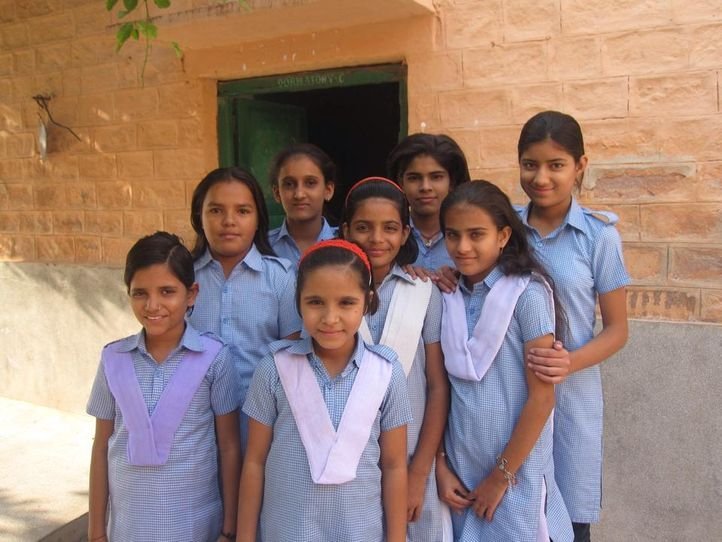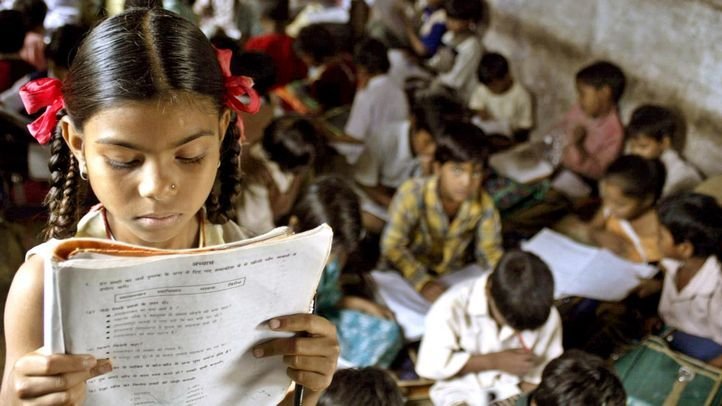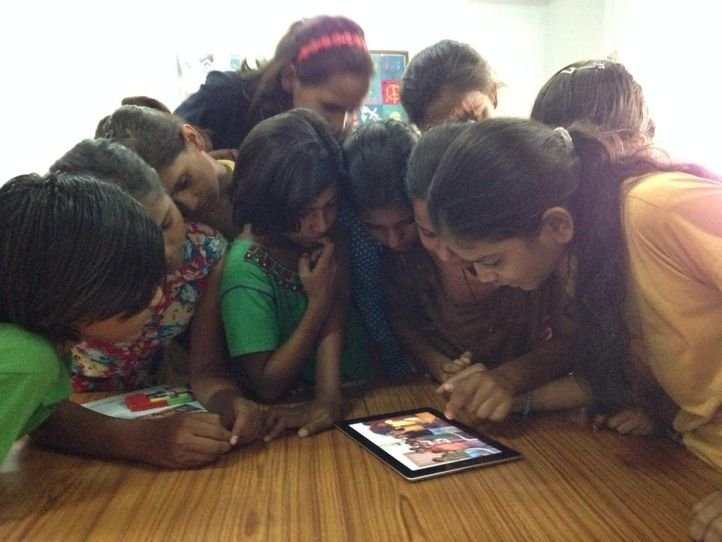Did you know that under the 2006 Prohibition of Child Marriage Act of India , it is illegal for girls under 18 and boys under 21 to marry? It’s serious enough a crime that those convicted of involvement face up to two years in jail and fines of up to Rs 2,00,000. Figures from Unicef show that 47% of girls in India were married before they turned 18, with nearly one in five married by age 15, according to UNICEF.
With such marriages being the norm in rural areas, no wonder India accounts for about a third of the world’s child marriages.

The only saving grace of this abhorrent system is that these girls, who are married young, are not immediately expected to move in with their husbands or in-laws. Parents often wait till their daughters turn 15 or older to send them to live with their spouses. And when they are sent there, they lose their freedom at that point. The in-laws assign whatever chores they see fit. And the young girls are expected to follow their orders without question or complaint.
Capitalising on that time lag, Veerni Institute , a non-profit in Jodhpur, is providing free education for child brides across Rajasthan. By focusing on a quality secondary education, Veerni has been pivotal in helping girls to achieve university degrees and careers. The institute’s students are given a chance to pursue their secondary education without the interruptions of family life and the pressure of marriage.

“Veerni focuses on providing seven years of higher education for the girls,” Mahendra Sharma, director of Veerni Institute, told Quartz . “The idea was to help women to take part in the decision-making, and become the earning members of the family,” he added.
A girl with a high school diploma could also become a community health worker, says Sharma, or a policewoman, or a bank clerk if she has basic computer skills. And with just two to three years of additional training after high school, a woman can get an even better-paying job as a teacher or a nurse.

Even if a woman does not end up getting a job, her high school education will make a big difference in her quality of life. She’ll be better able to keep her children healthy because she will have a more sophisticated understanding of nutrition and hygiene. And it’s more likely she’ll be respected within her family. “Women who are educated can raise their voice. They can participate in the decision-making of the family,” Sharma expressed in an interview with NPR .

















